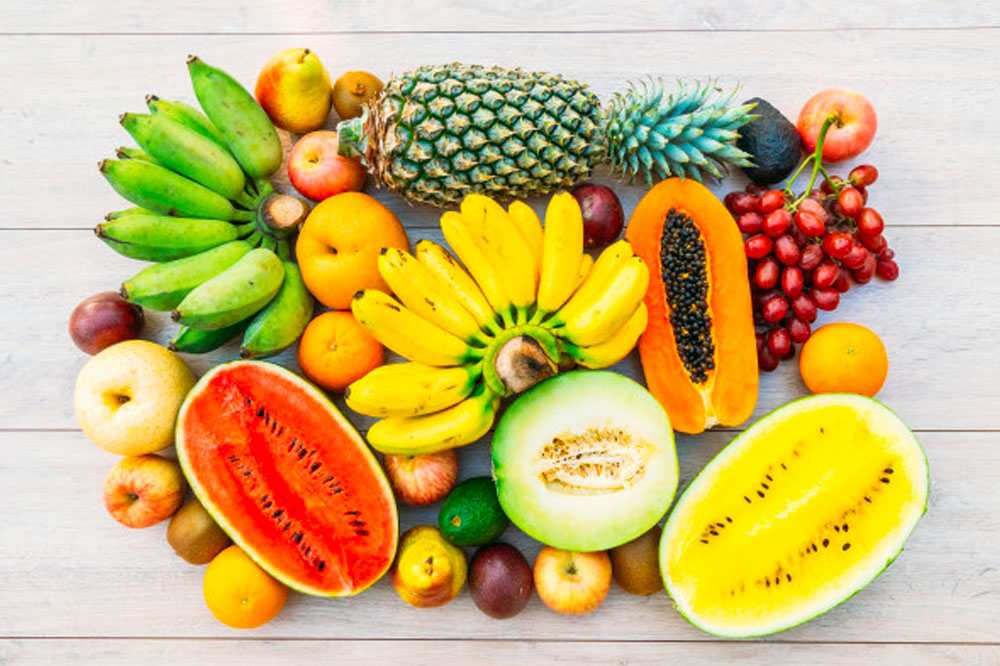
6 Foods that Help Manage Hepatitis C
The liver is one of the most important organs of the body, and when its functioning is affected in any way, it weakens the immune system as well. As the liver is responsible for the removal of toxic waste from the body, poor functioning of the organ can lead to toxins building up in the bloodstream.
Living with liver problems can be taxing, both emotionally and physically. One needs to follow a balanced diet with limited portions of food and beverages to help lead a quality life. Apart from medications and other treatment, including certain foods in the daily diet can also help to manage hepatitis C effectively:
Oatmeal
Oats are high in beta-glucans that help fight obesity and inflammation and promote liver health. This food also reduces the amount of fat in the liver that is responsible for the inflammation levels that lead to fatty liver disease. The recommended serving size of oats is half a cup every day. Any kind of oats without sugar, even steel-cut oats, are beneficial for patients of hepatitis C.
Coffee
Coffee helps protect the liver. Research has shown a decreased risk of hepatic fibrosis, which is associated with chronic hepatitis C, as a result of caffeine intake through coffee. Another study has indicated that higher coffee consumption reduces the risk of liver disease progression.
Garlic
The high level of sulfur in garlic gives it a distinctive aroma, and it also aids the detox process. The liver converts this sulfur into antioxidants that can help repair cell damage. Among the most effective foods to manage hepatitis C, garlic lowers inflammation, boosts immunity, improves cardiovascular health, kills bacteria in food, and promotes hair as well as skin health.
Cruciferous vegetables
Veggies like broccoli, cabbage, cauliflower, Brussels sprouts, bok choy, radishes as well as dark leafy vegetables like kale and collard promote liver health. They also provide key nutrients like folate and vitamins C, K, and E, which allow the liver to detoxify metals, alcohol, and antibiotics by boosting the antioxidant levels. Plus, they effectively reduce inflammation and provide the necessary vitamins and minerals, making them some of the most helpful foods to manage hepatitis C.
Potatoes
Potatoes contain insoluble fiber that has been deemed to have a significant connection to liver health, especially in people with metabolic syndrome. However, they also affect people who do not have metabolic syndrome. Having said that, potatoes can be a good source of vitamins and minerals that benefit liver health if they’re not fried.
Nuts
Nuts are a powerhouse of vitamins and minerals, and they are great sources of insoluble fiber that support the liver and digestive system. They help improve diabetes and reduce the risk of heart disease. At the same time, the portions should be limited as they’re high in calories.



